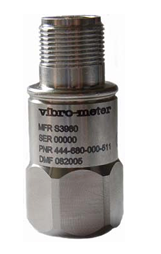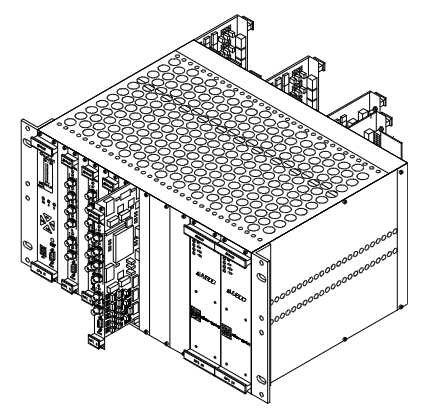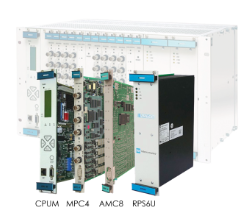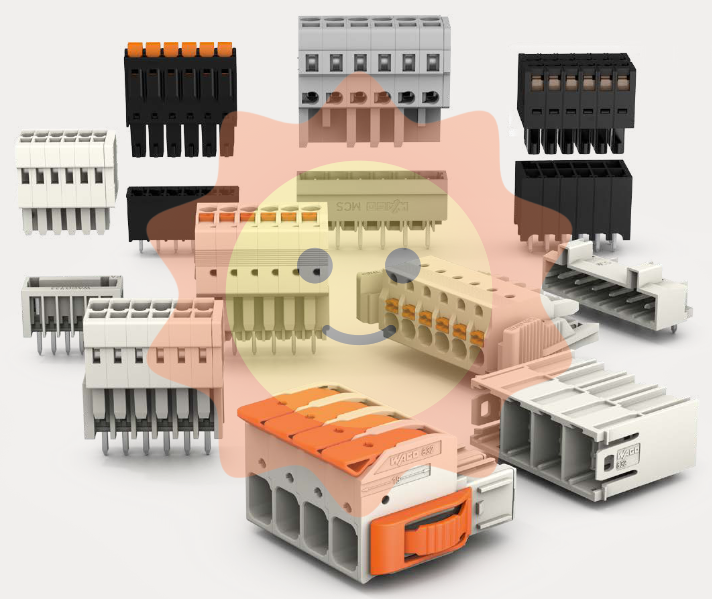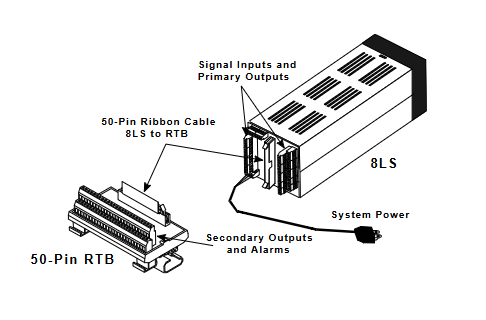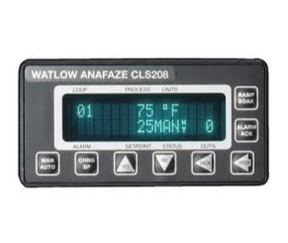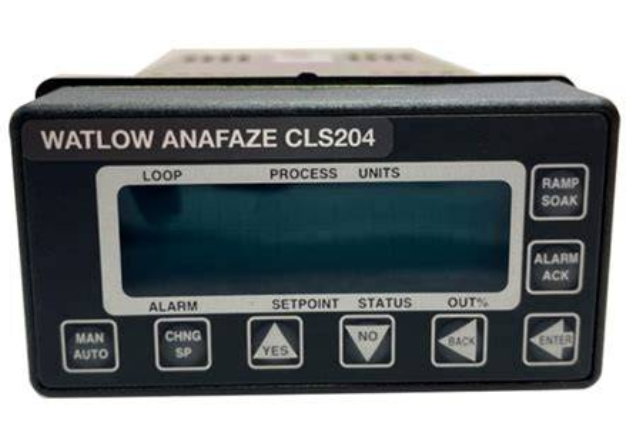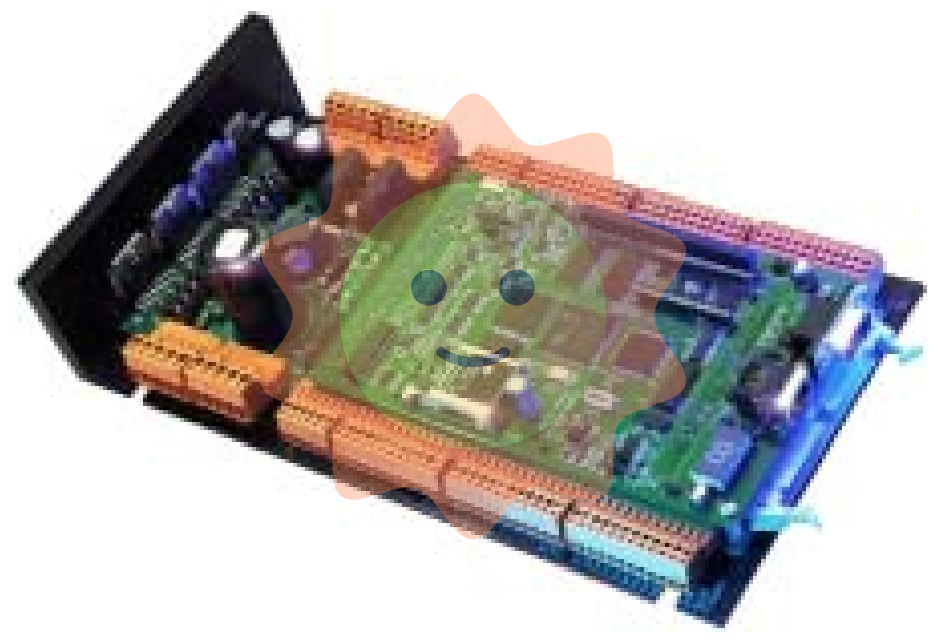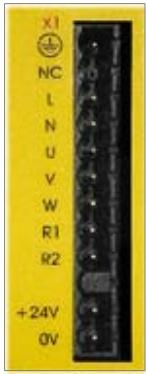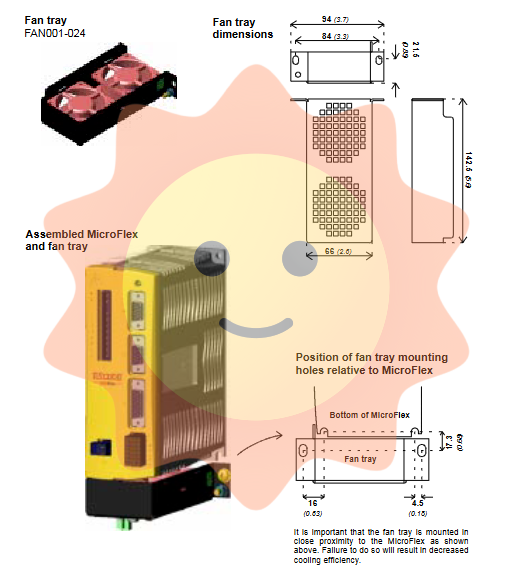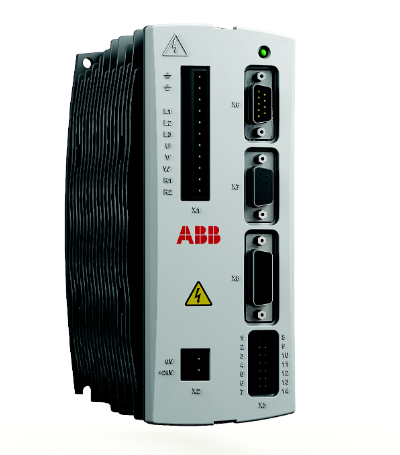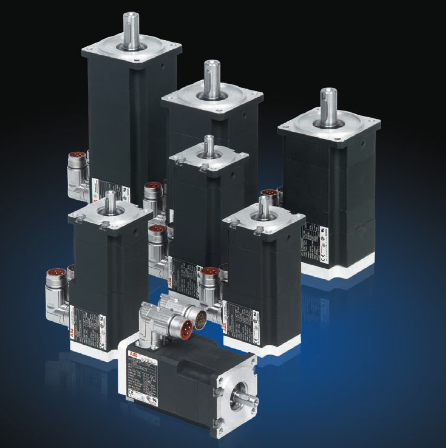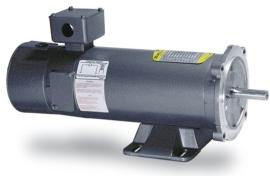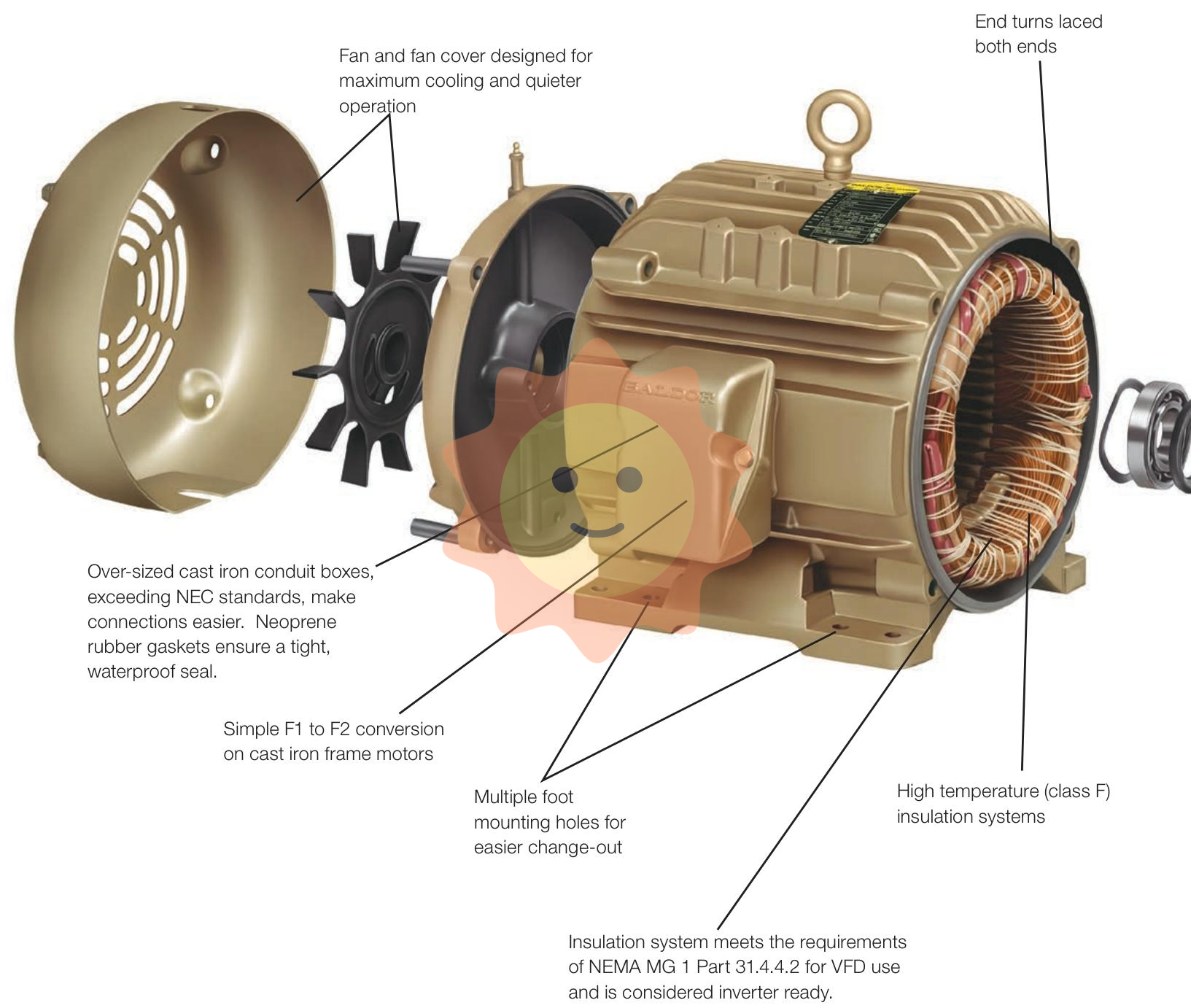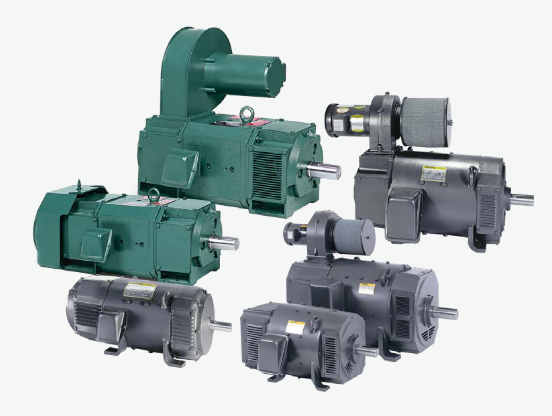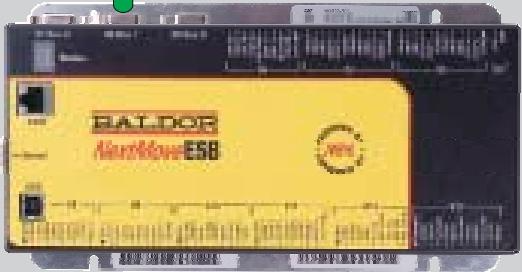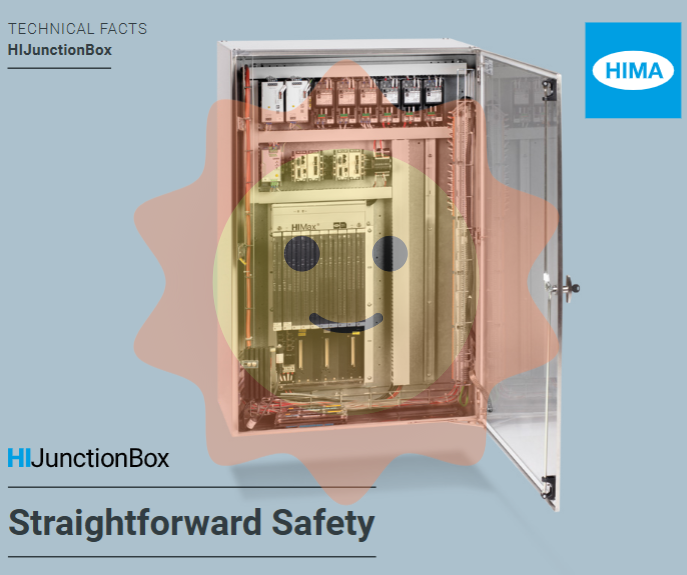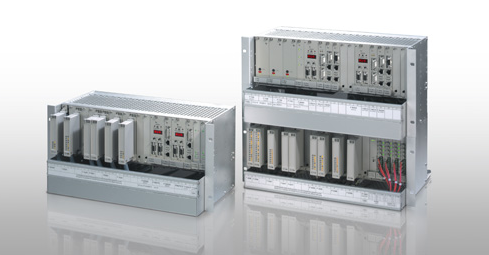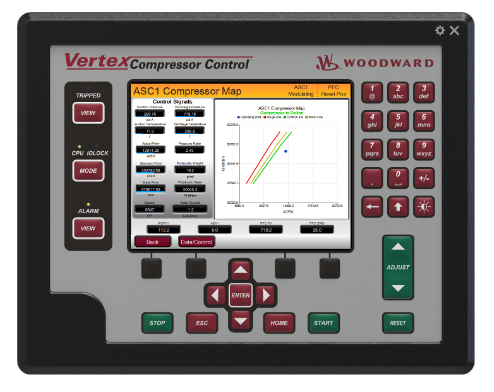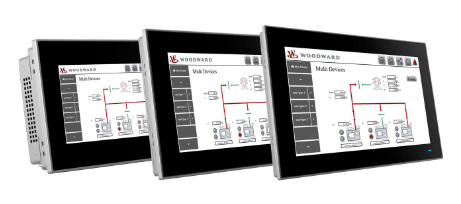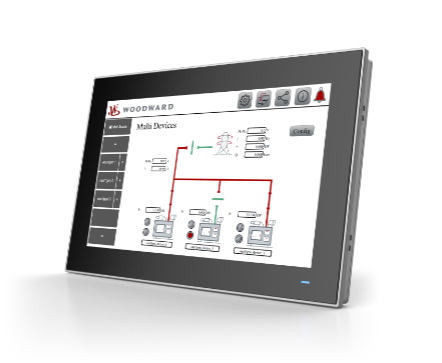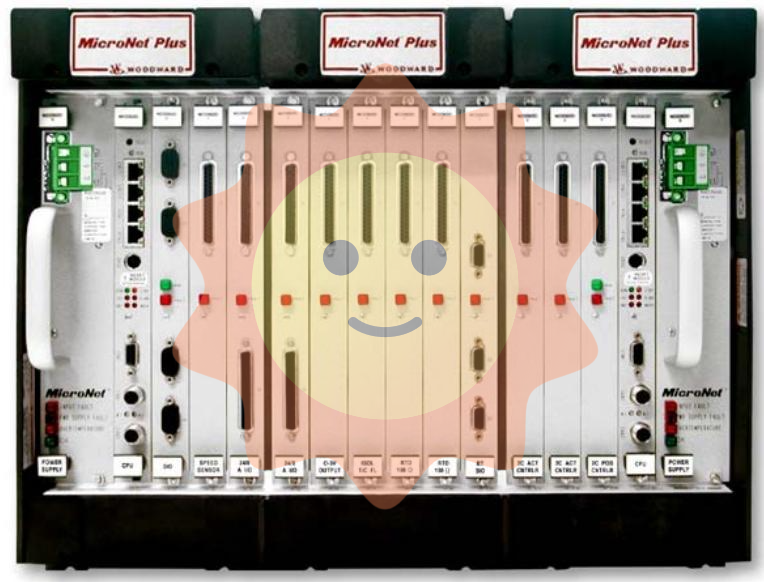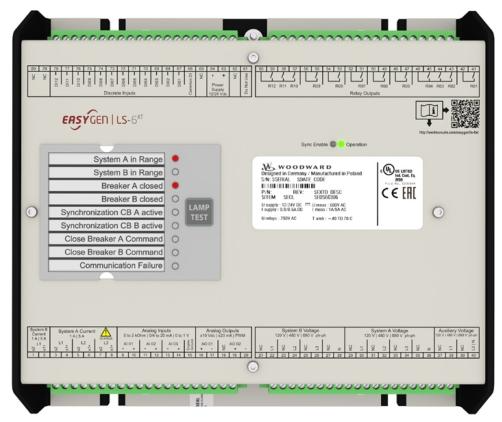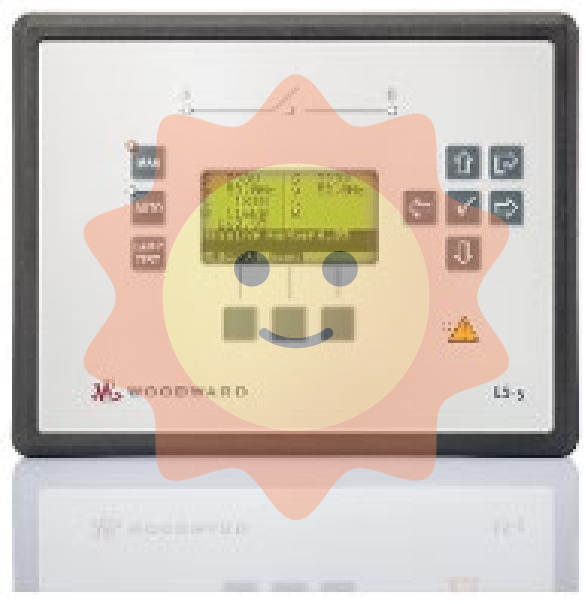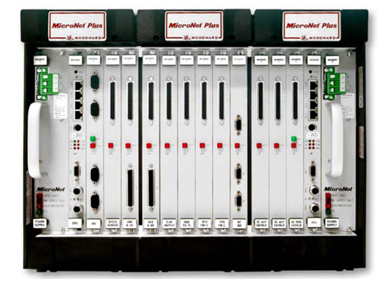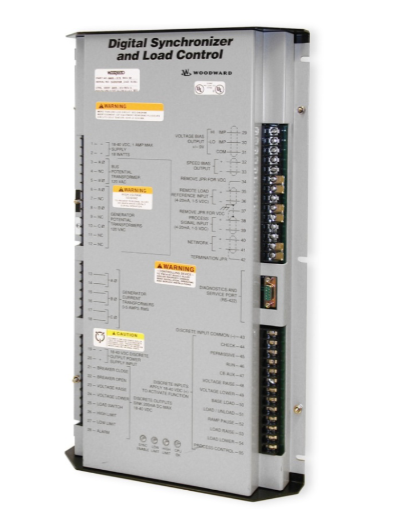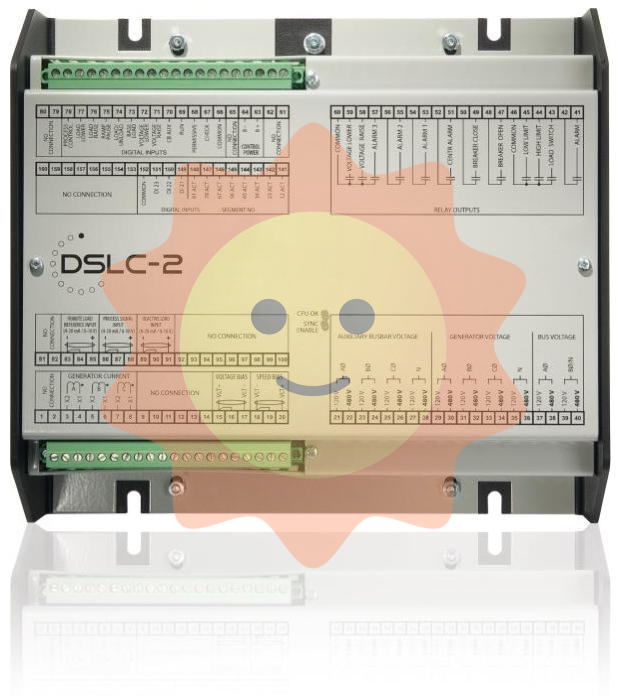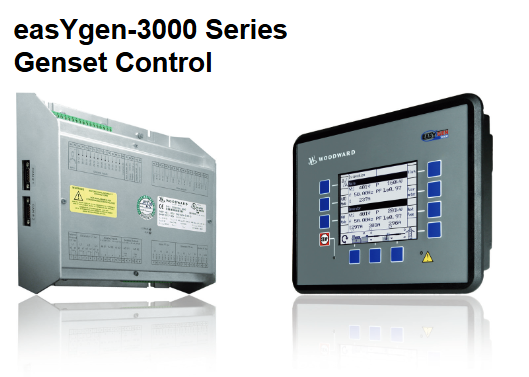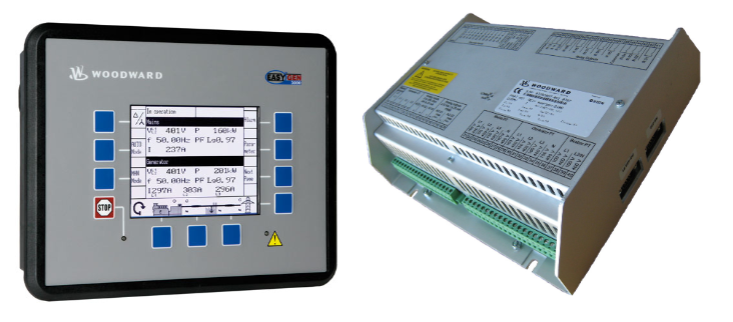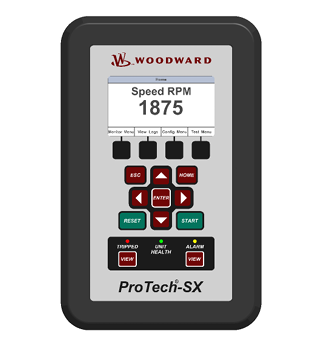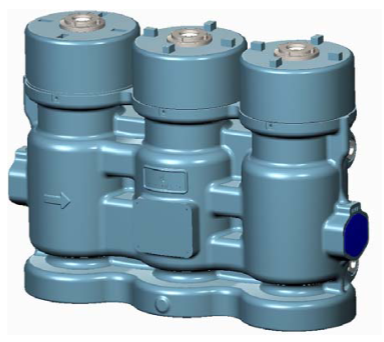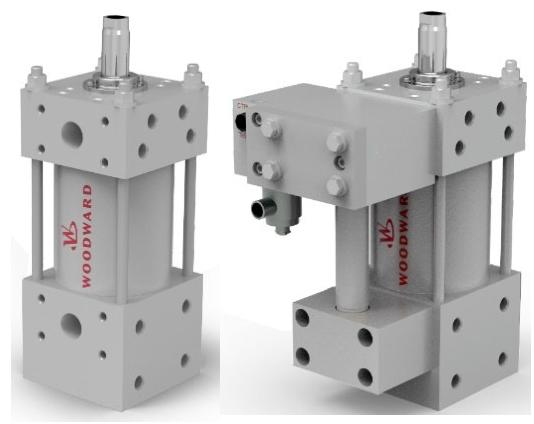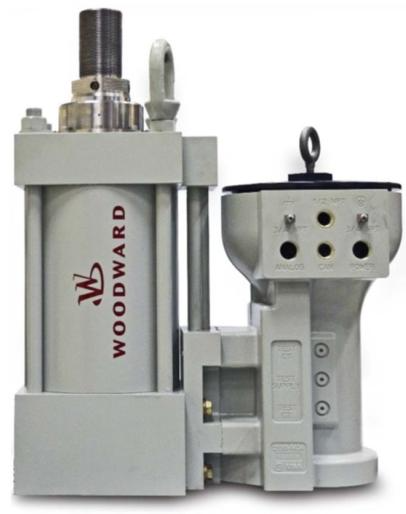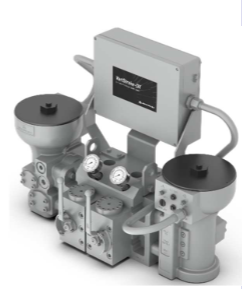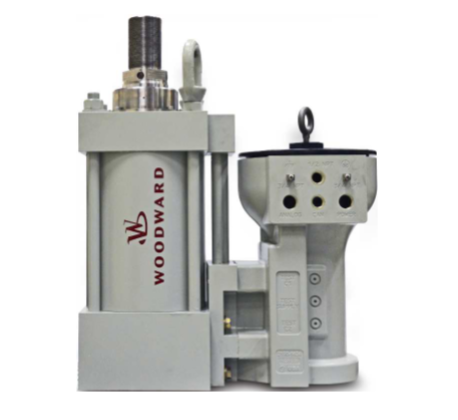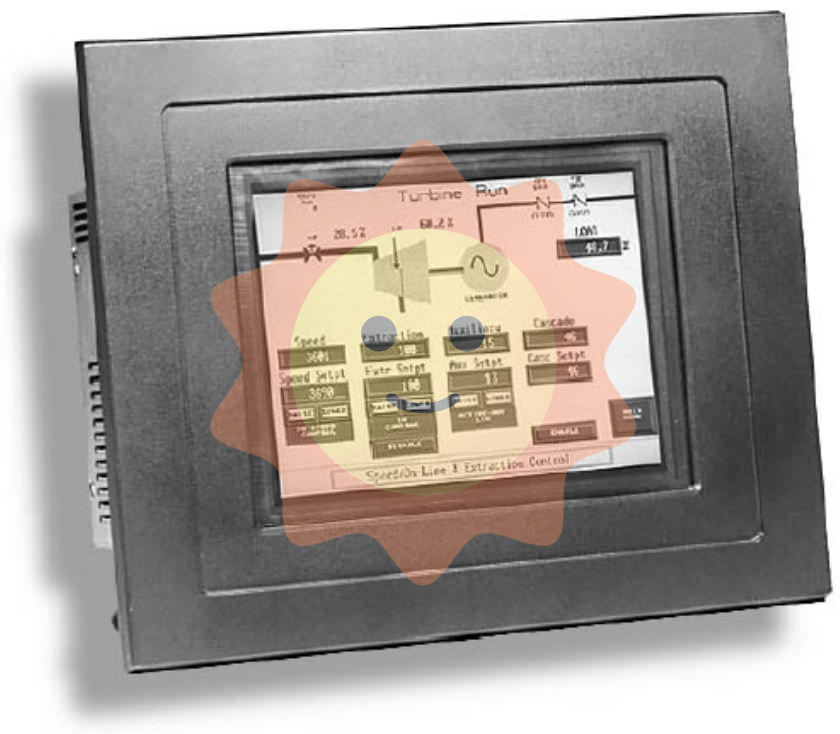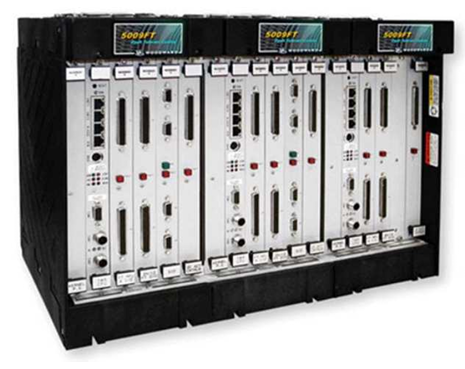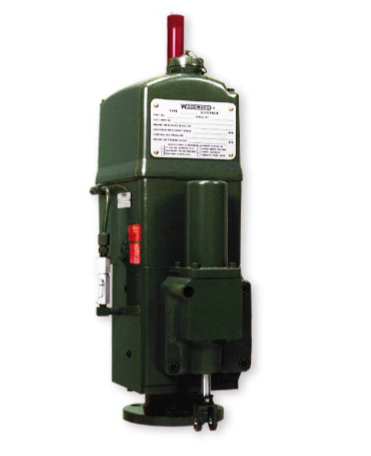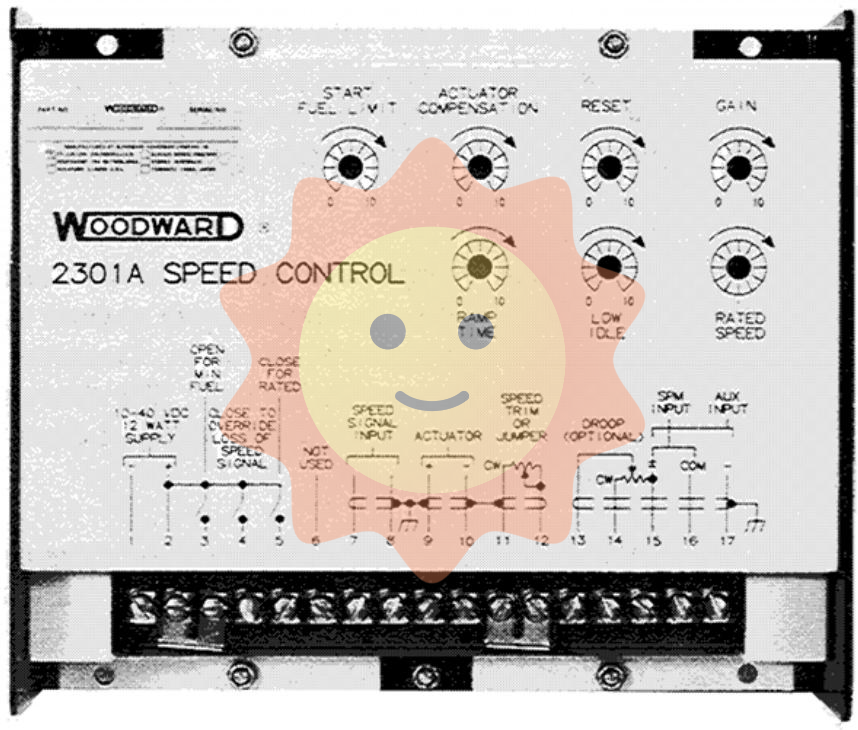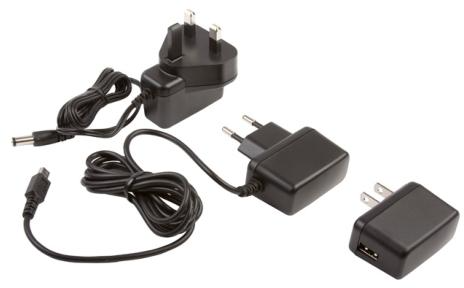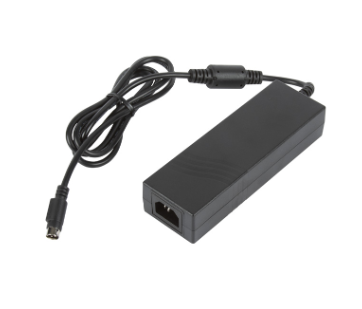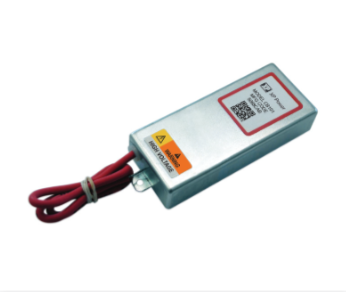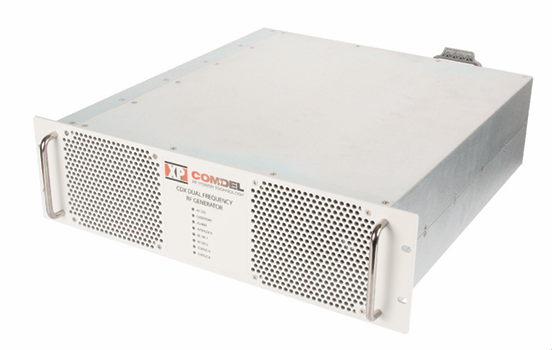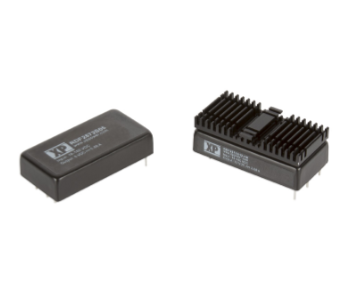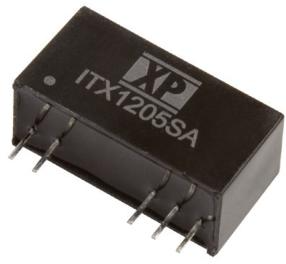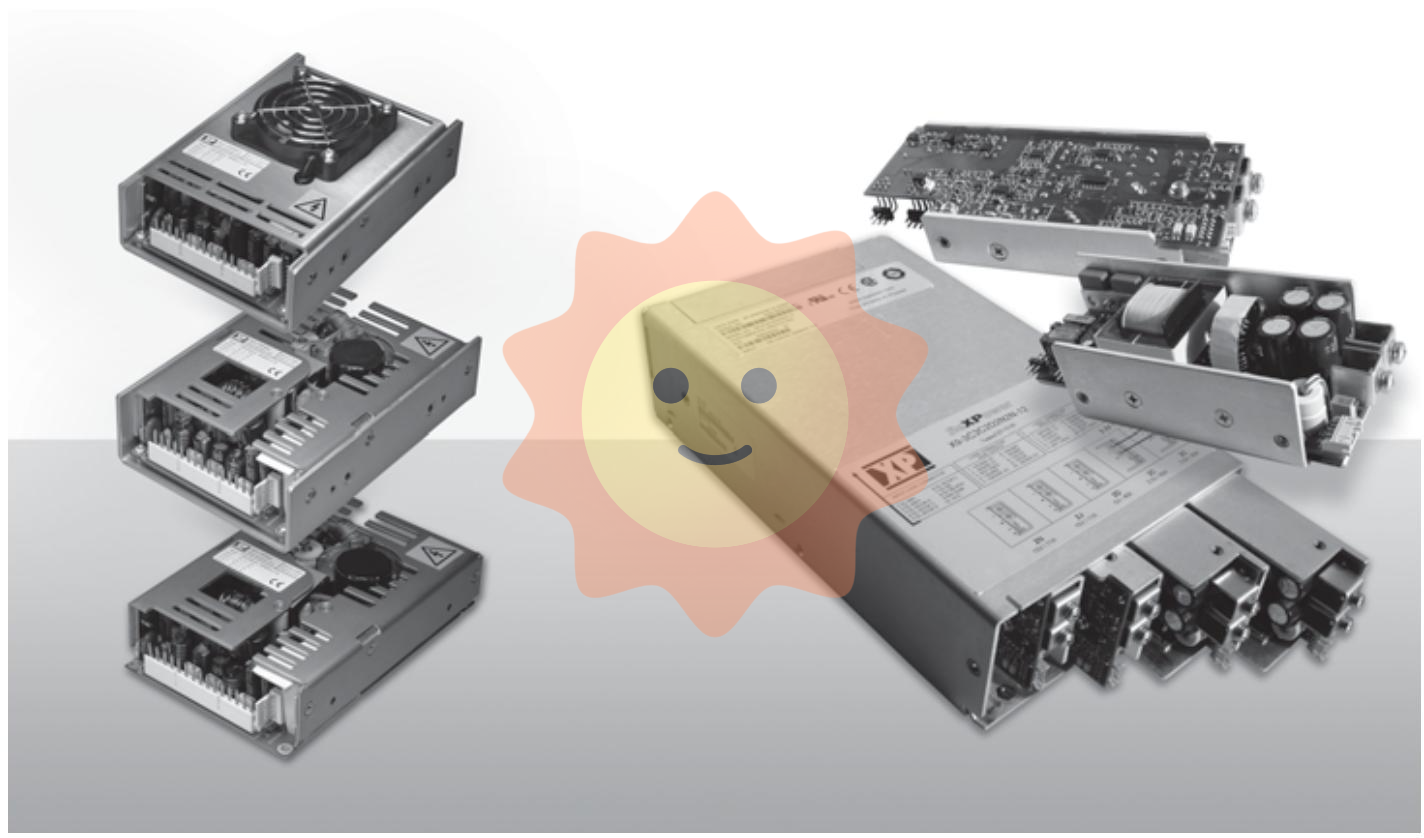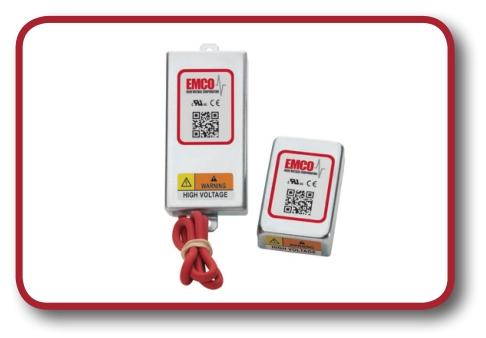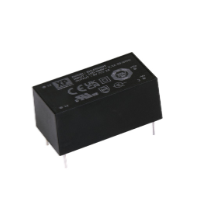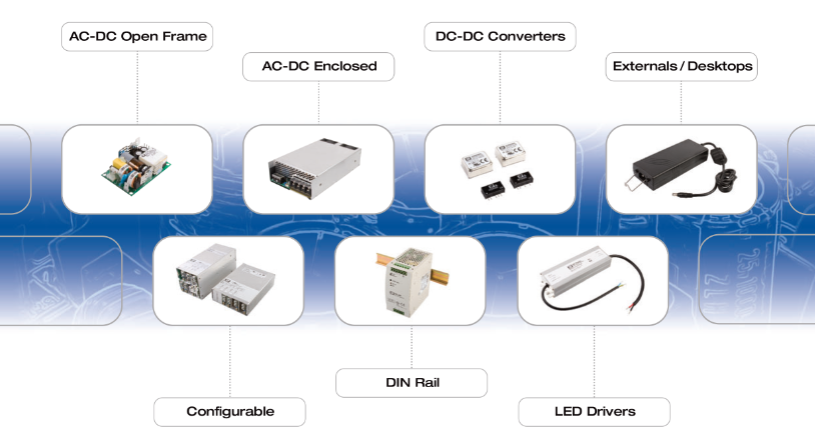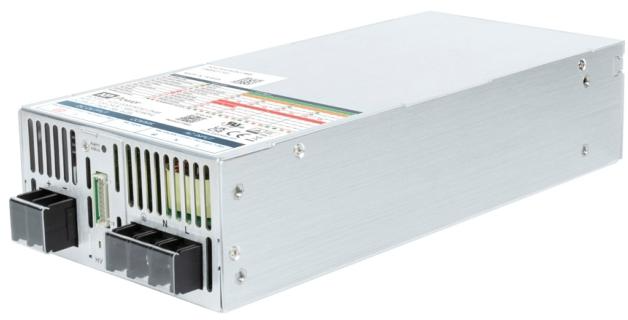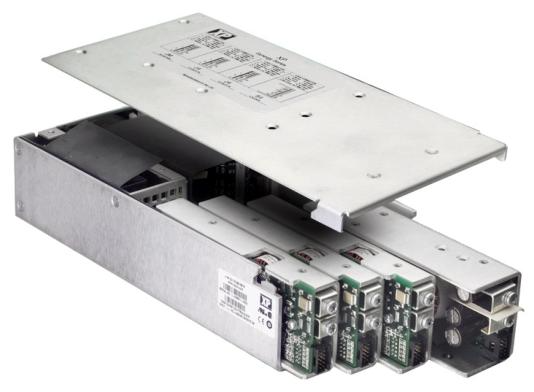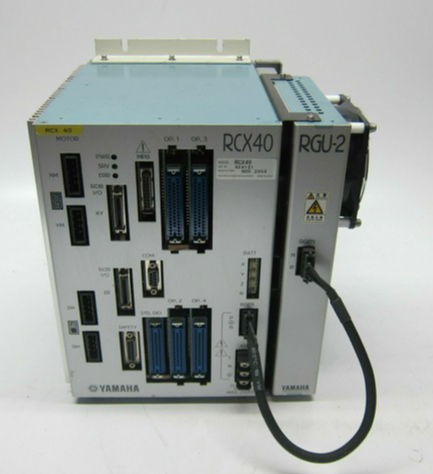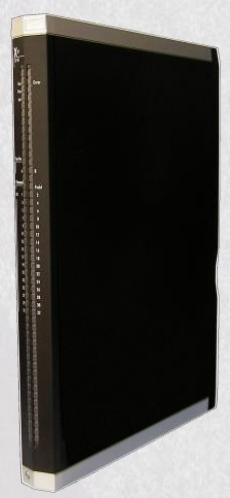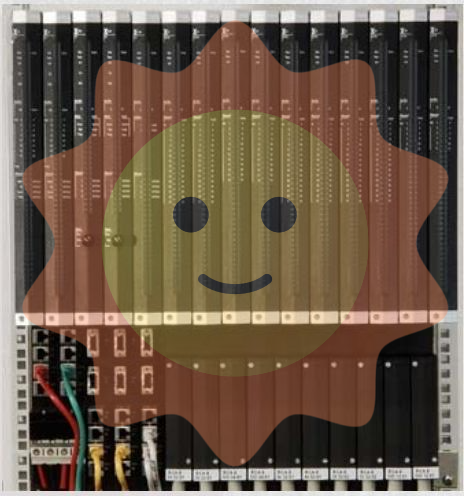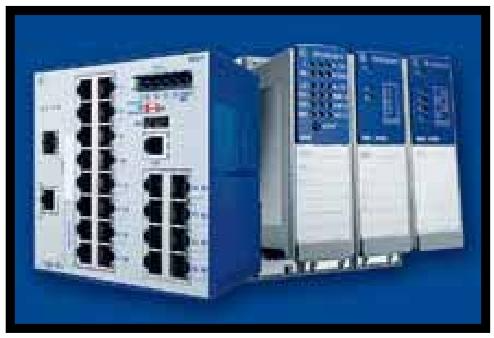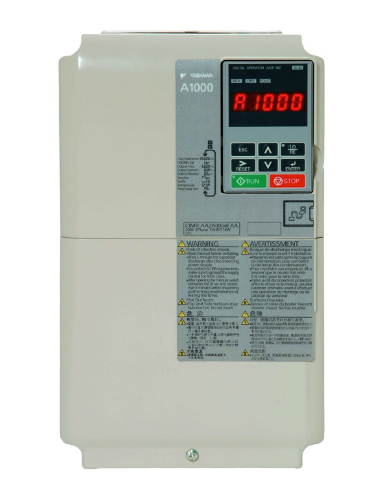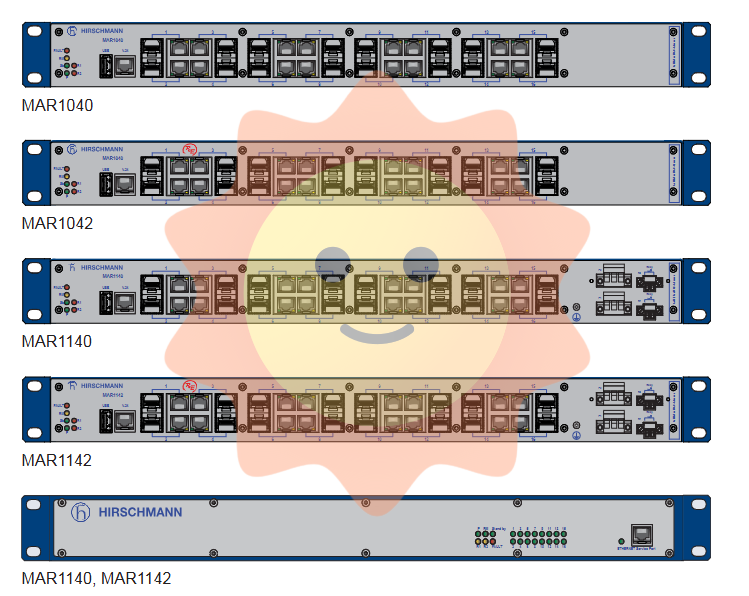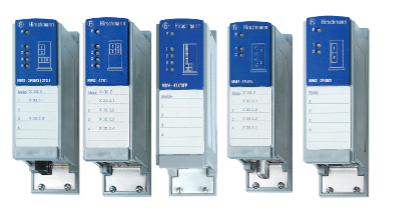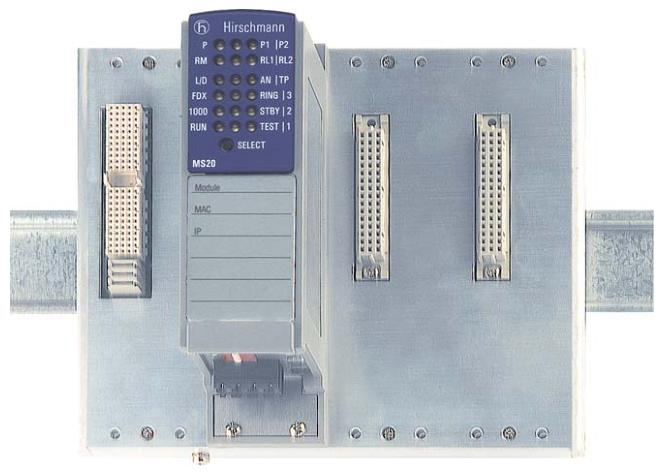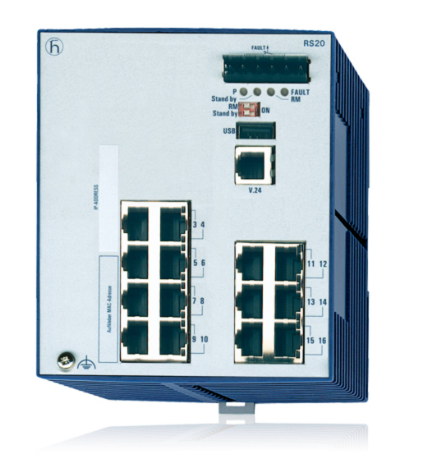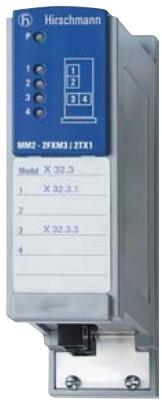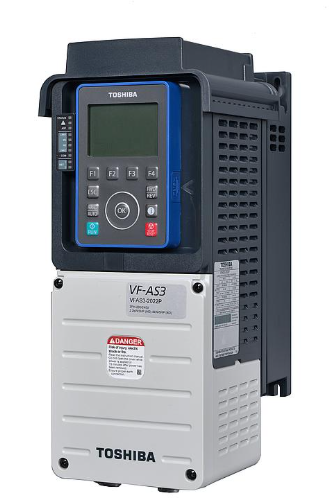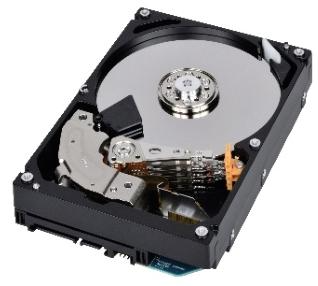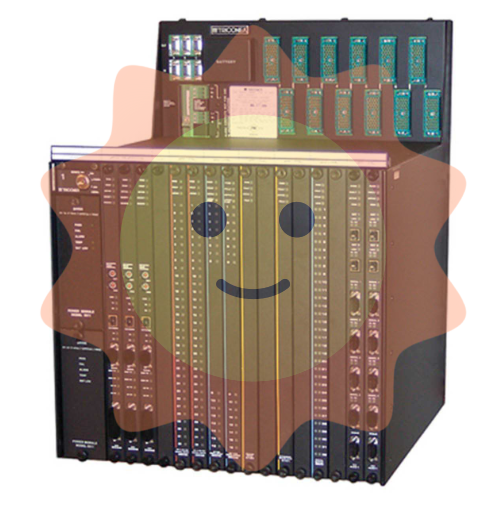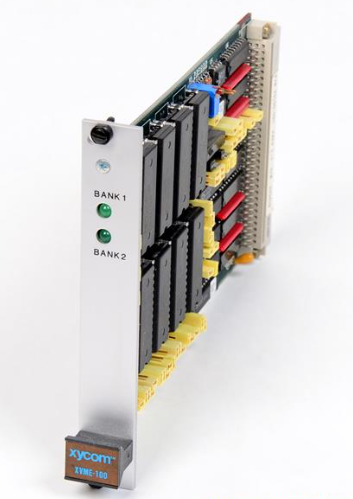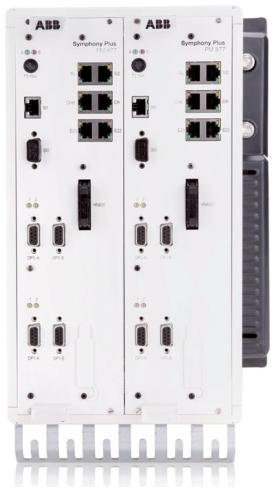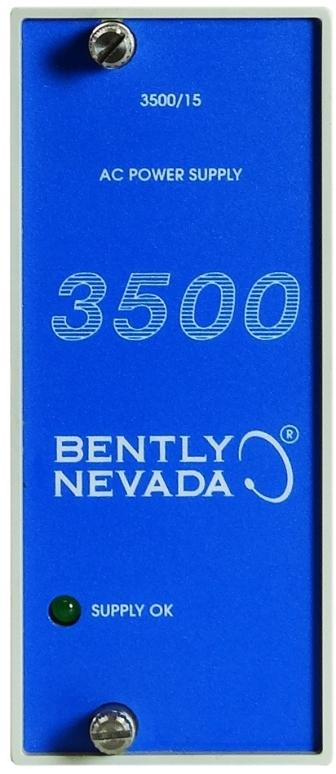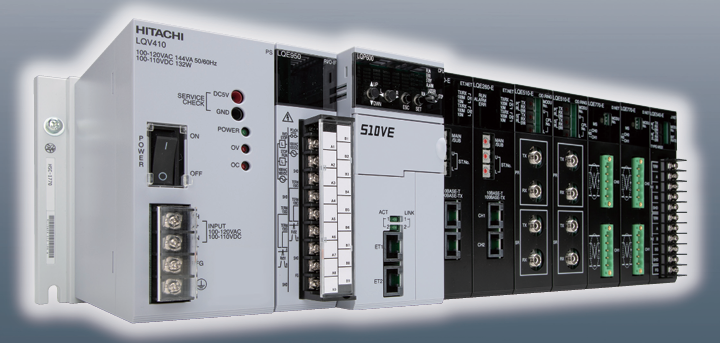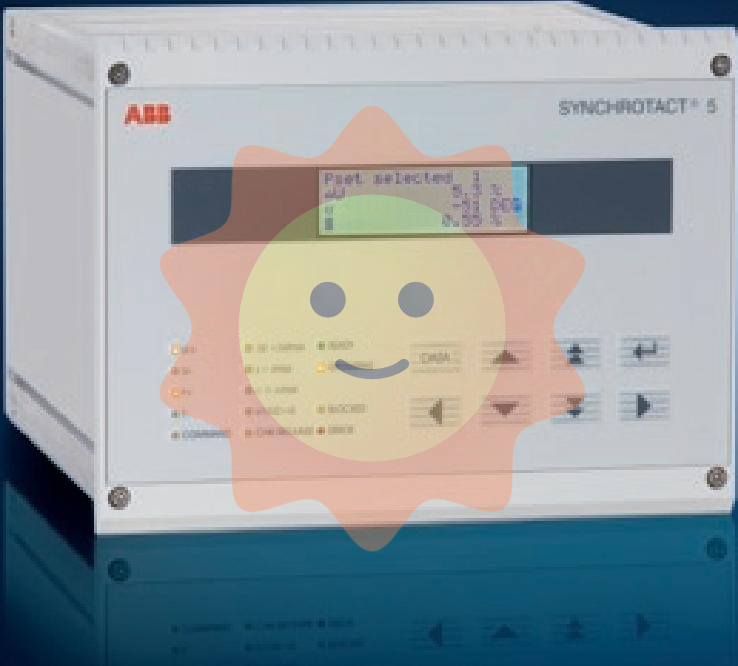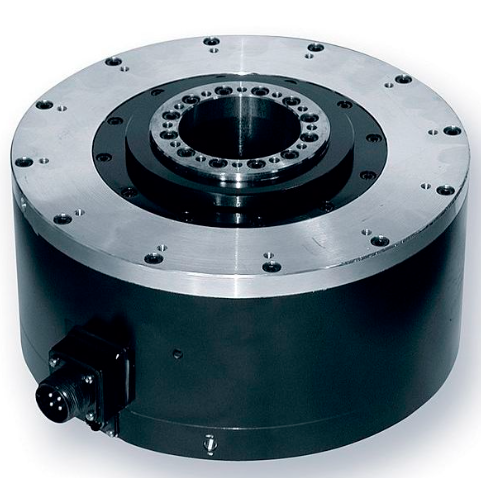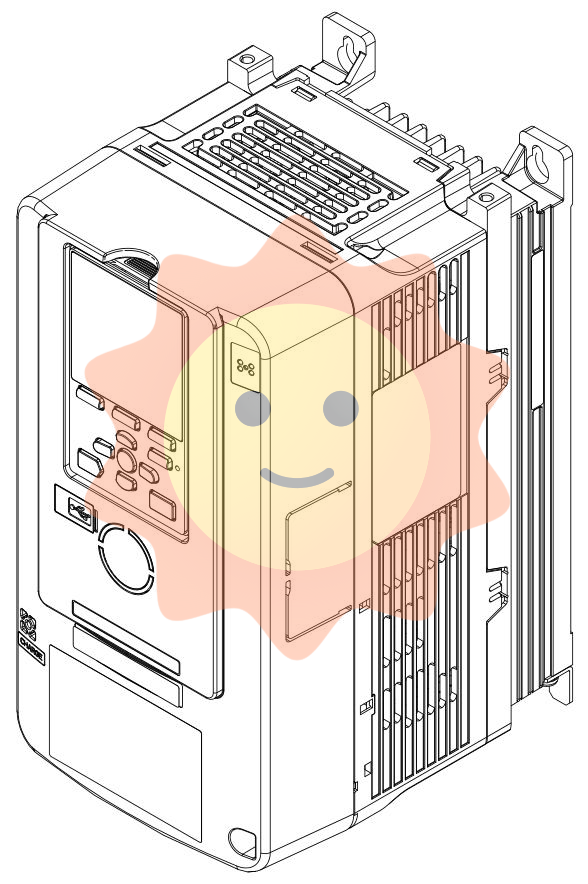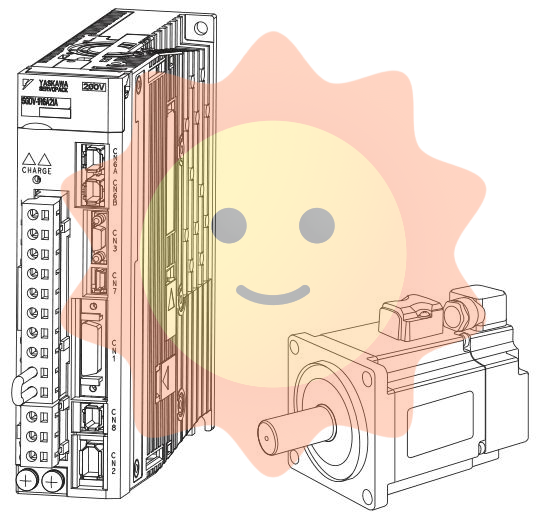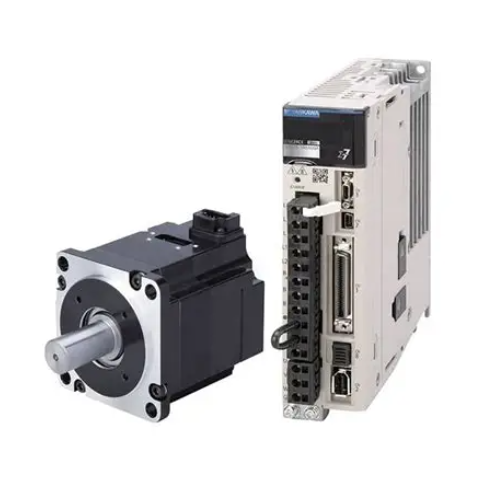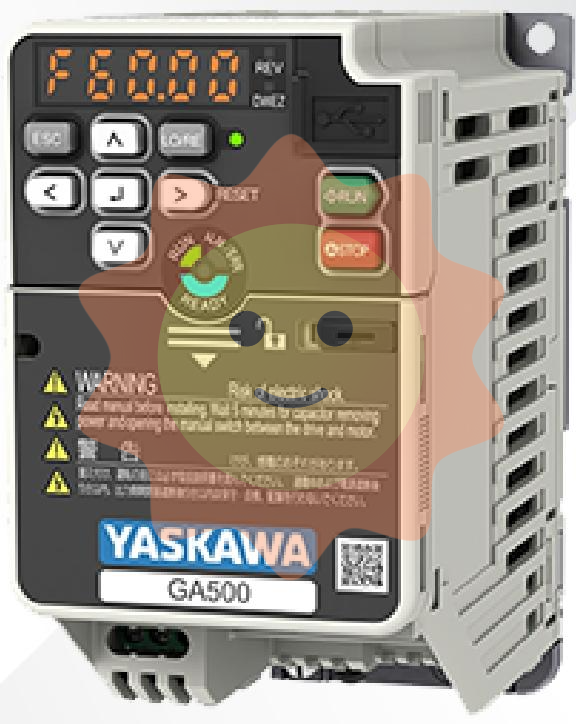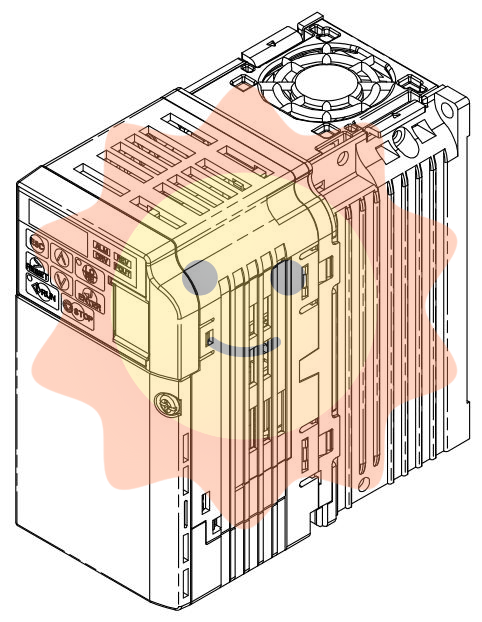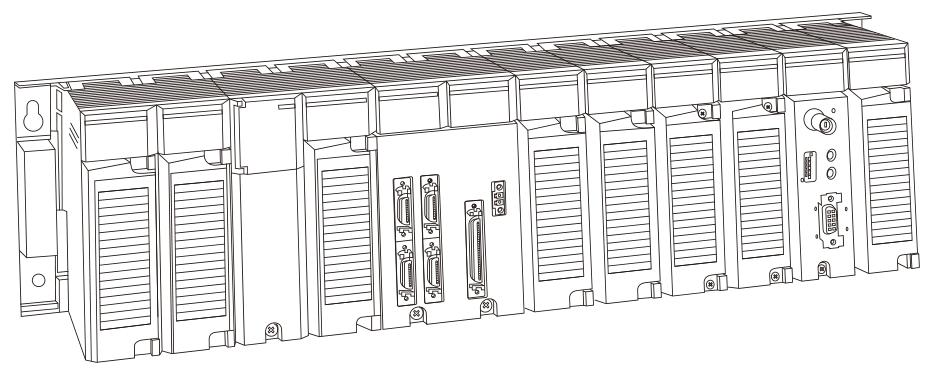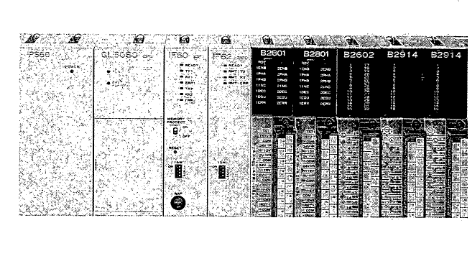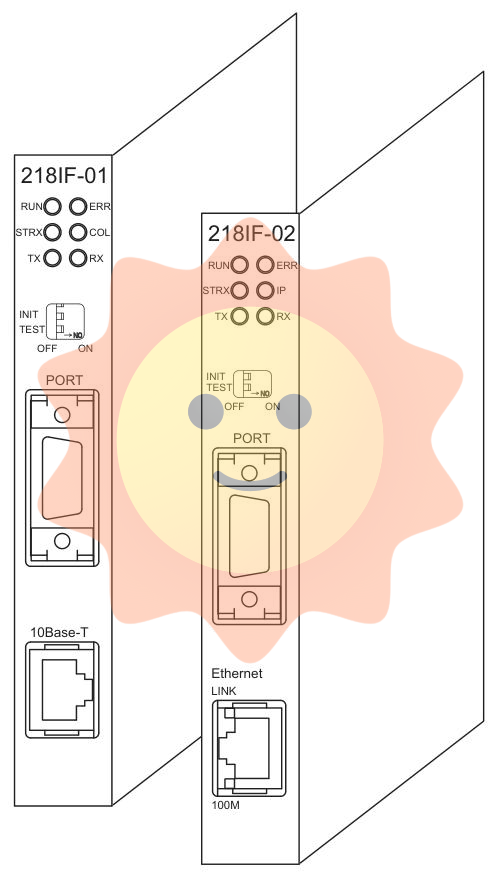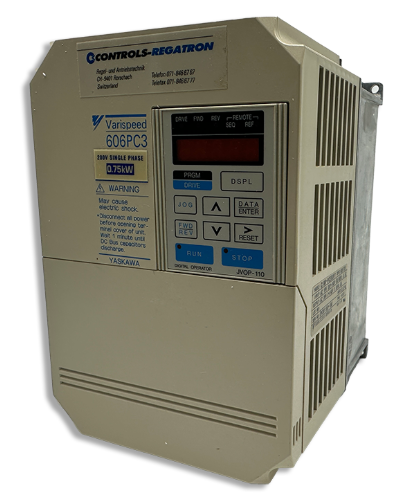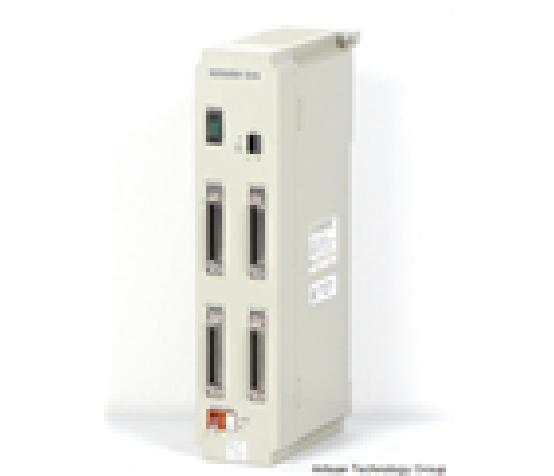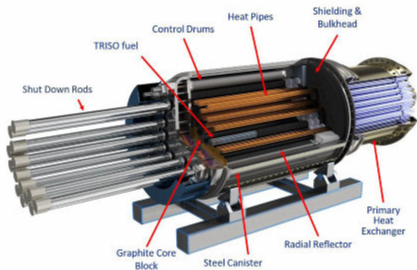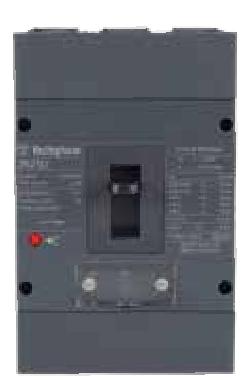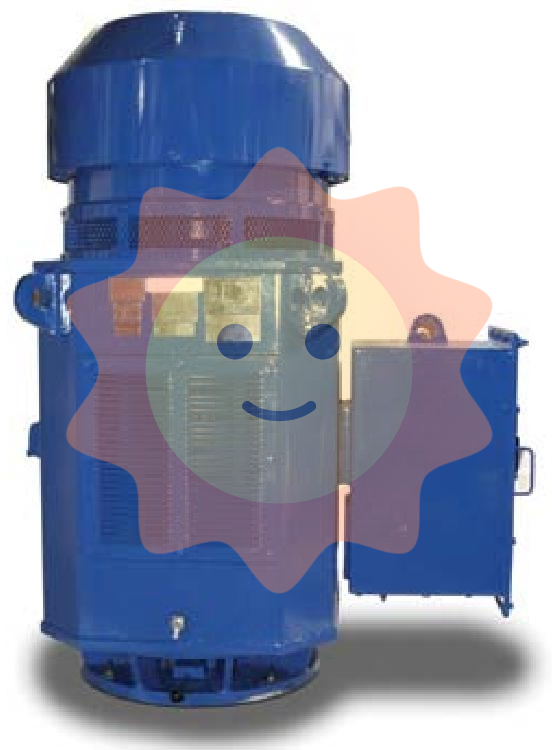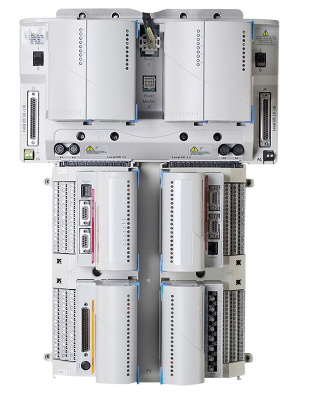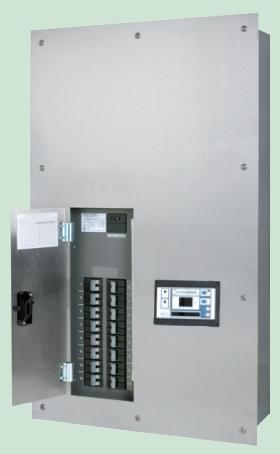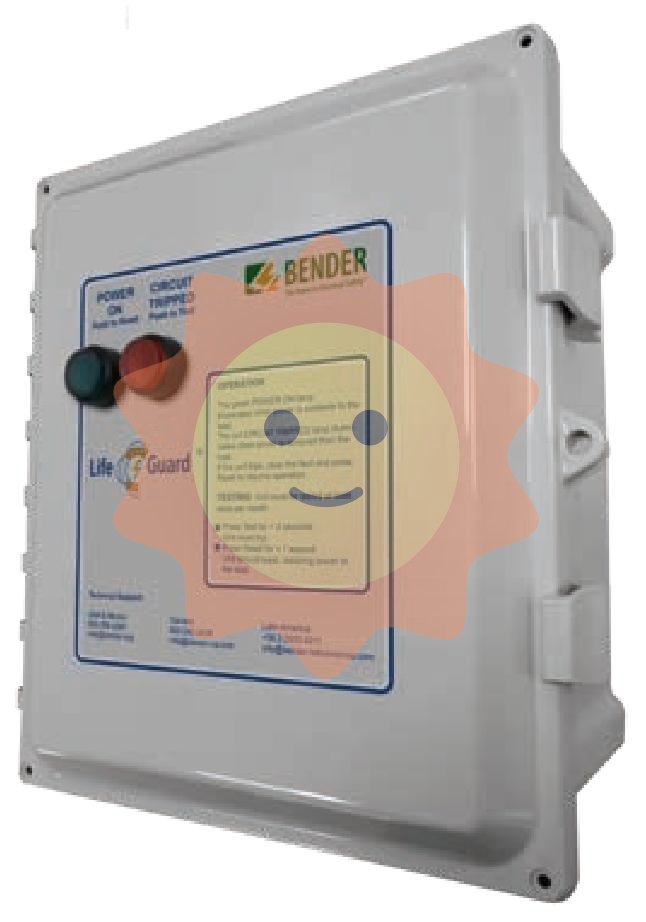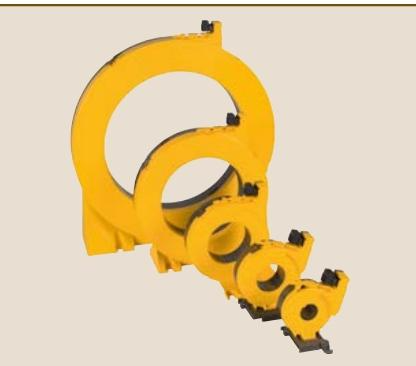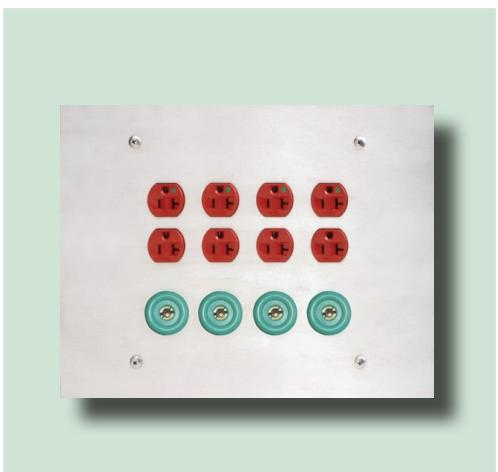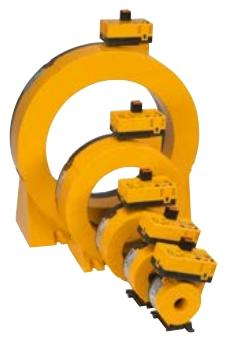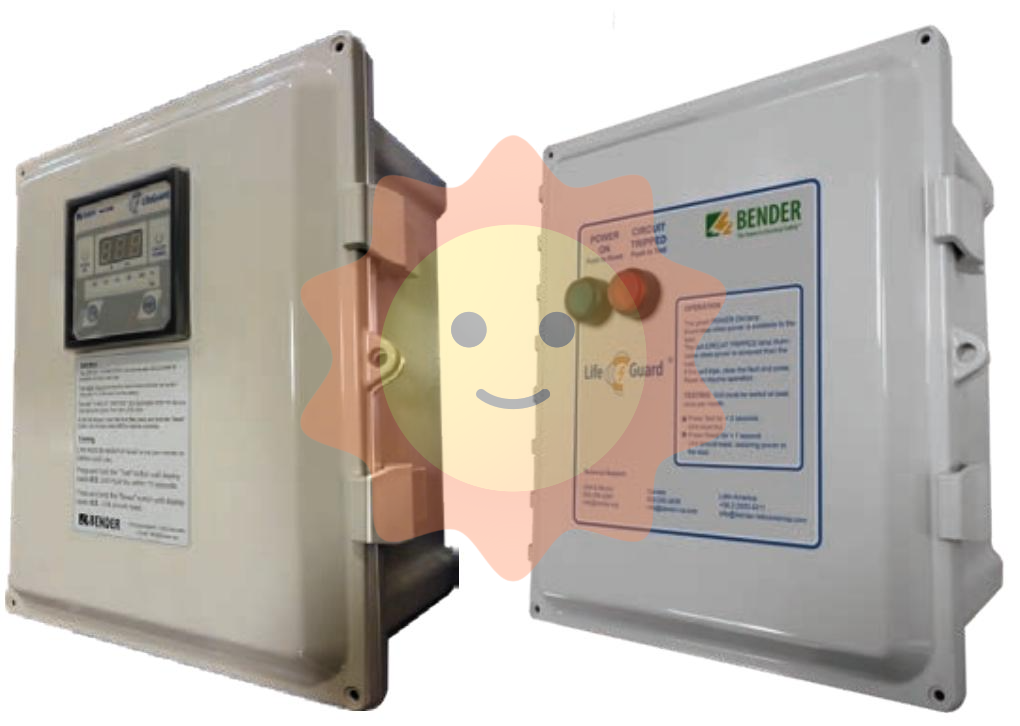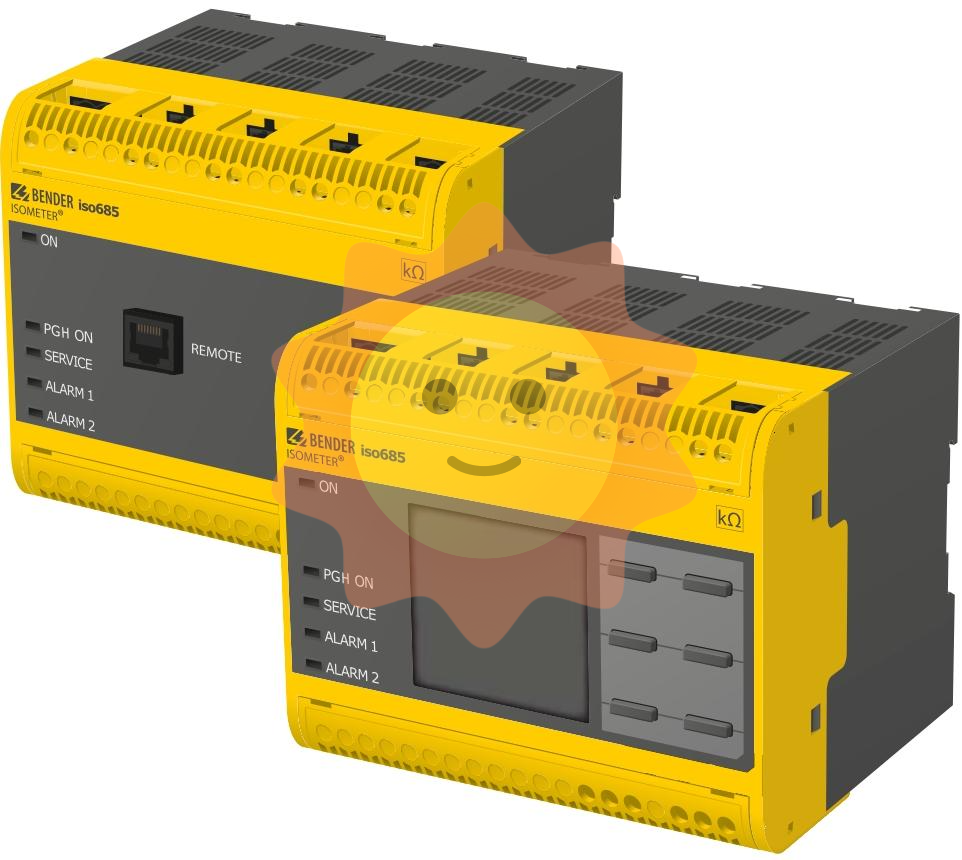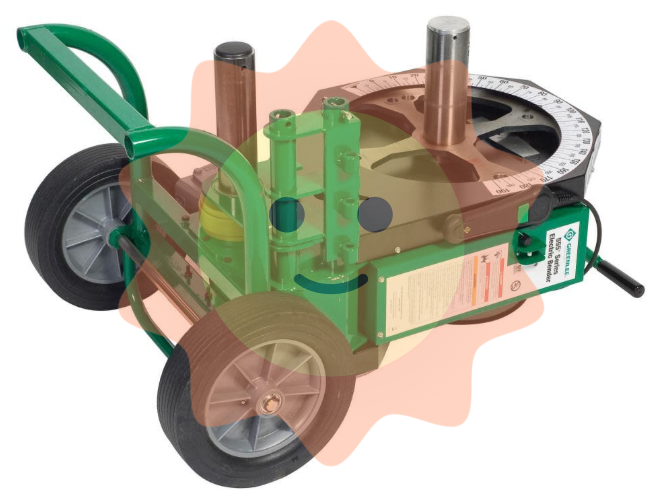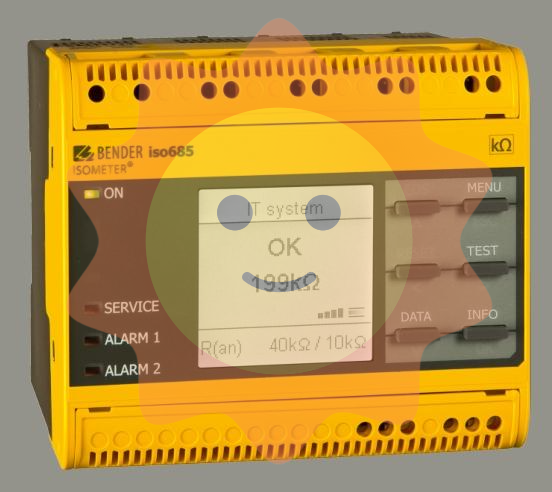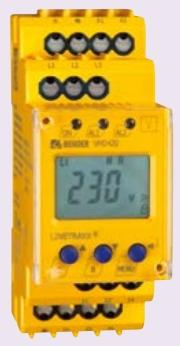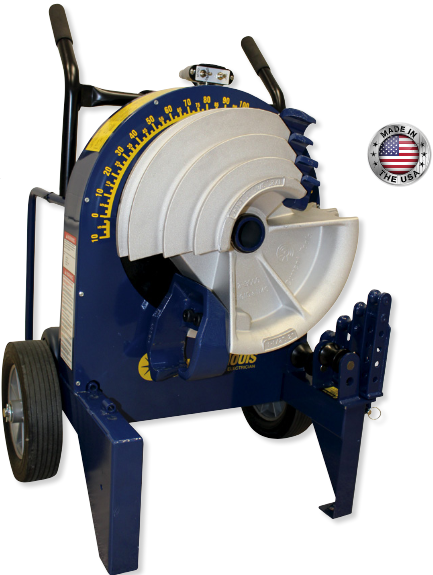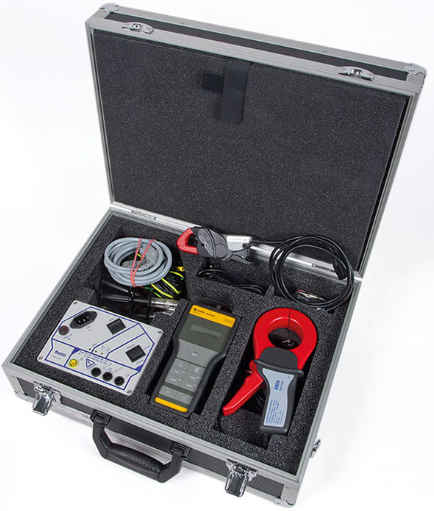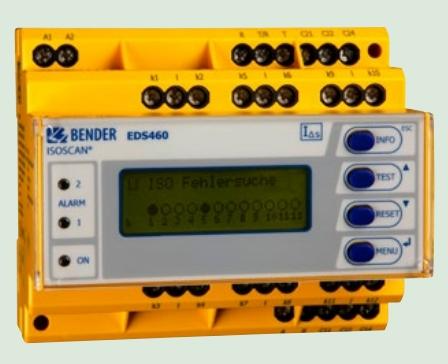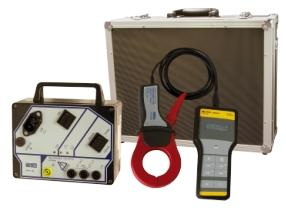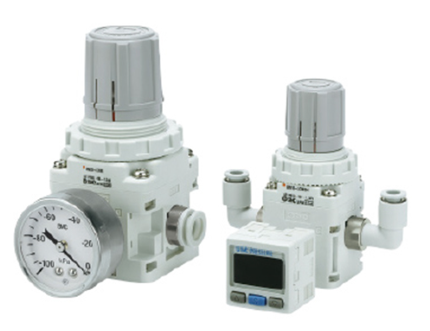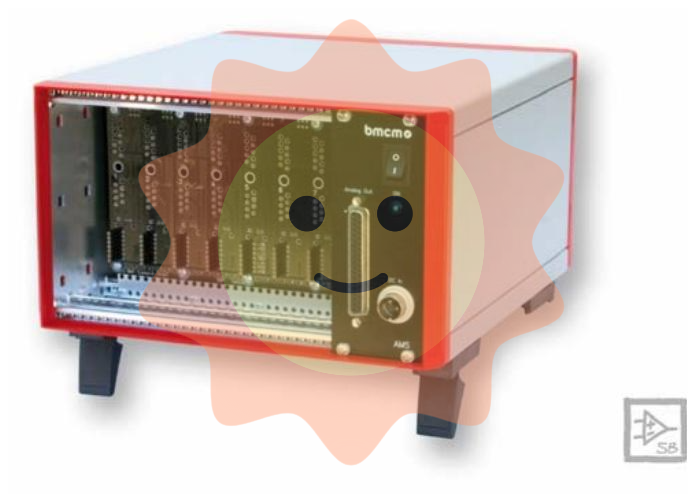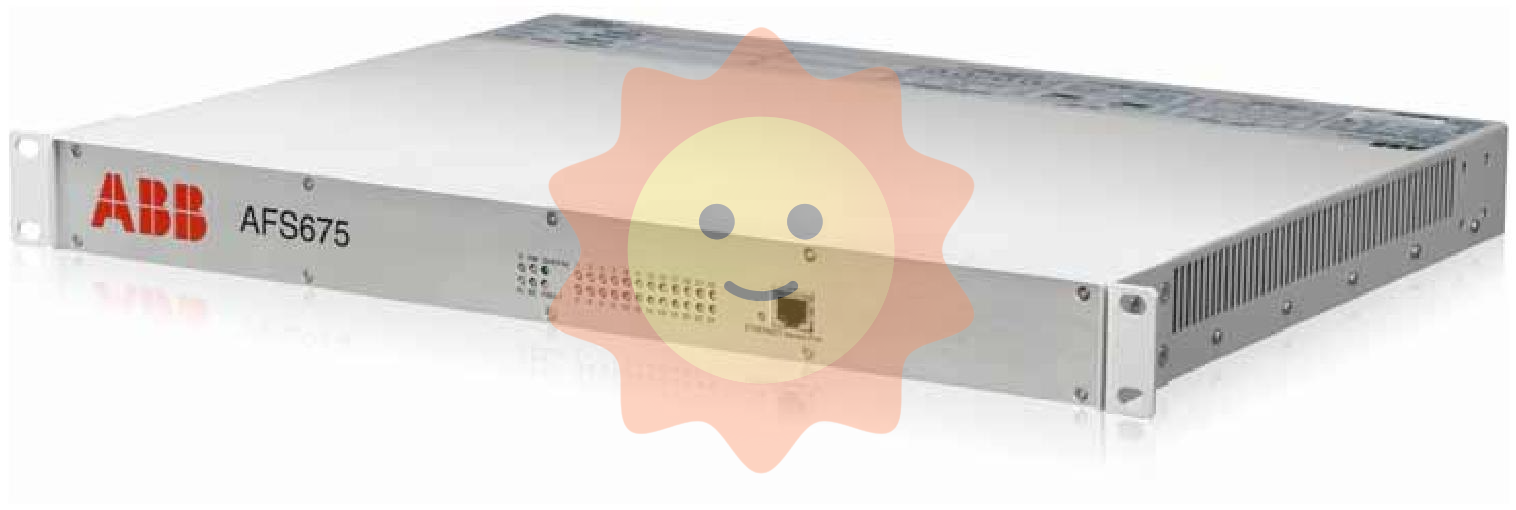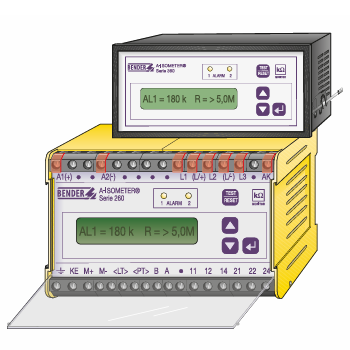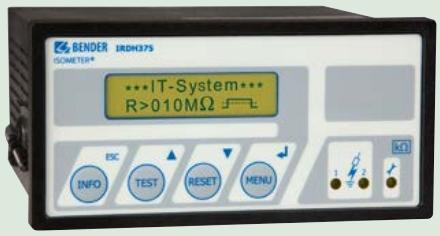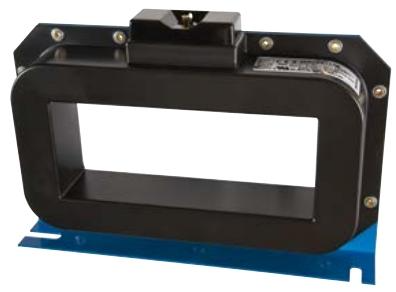This circuit board is a key bridge for the interaction between input/output (I/O) modules and controllers in ABB distributed control systems (DCS). It is mainly integrated into the controller unit or I/O interface unit and plays three core roles: firstly, it receives analog/digital signals from field sensors and actuators, performs filtering, amplification, and format conversion; The second is to execute the control instructions issued by the controller and drive the on-site equipment to operate; The third is to achieve high-speed data communication and fault diagnosis signal transmission between modules, ensuring the real-time and reliability of the system.
ABB UFC721AE101 3BHB002916R0101 PC Board
Product positioning and core functions
1. System ownership and roles
This circuit board is a key bridge for the interaction between input/output (I/O) modules and controllers in ABB distributed control systems (DCS). It is mainly integrated into the controller unit or I/O interface unit and plays three core roles: firstly, it receives analog/digital signals from field sensors and actuators, performs filtering, amplification, and format conversion; The second is to execute the control instructions issued by the controller and drive the on-site equipment to operate; The third is to achieve high-speed data communication and fault diagnosis signal transmission between modules, ensuring the real-time and reliability of the system.
2. Core functions
-Signal processing function: Supports multiple types of signal access, including 4-20mA analog input, 0-10V DC signal, and switch signal. Interference is eliminated through the built-in signal conditioning circuit to ensure signal accuracy; At the same time, the processed signal can be converted into a system compatible digital signal and transmitted to the controller.
-Control instruction execution: Receive PWM (pulse width modulation) or discrete control signals from the controller, amplify power through the driving circuit, and accurately control the action of actuators such as valves and pumps with a response time of ≤ 1ms, meeting high-frequency control requirements.
-Communication and diagnosis: Data exchange with other modules of the system is achieved through ABB proprietary buses (such as Profinet, Modbus TCP/IP), with a communication speed of up to 1Gbps; Built in self diagnostic chip that can monitor circuit voltage, current, and component status in real time, output alarm signals and upload fault codes in case of faults.
-Redundancy backup support: Compatible with ABB system redundancy design, when the main circuit board fails, it can quickly switch to the backup board with a switching time of less than 50ms, ensuring continuous operation of industrial processes without downtime risk.
Core technical specifications
Electrical performance
power supply voltage
24V DC ± 10%, supports wide voltage input, suitable for industrial unstable power supply environment
Signal input range
Analog quantity: 4-20mA (current type), 0-10V (voltage type); Digital quantity: 24V DC (NPN/PNP compatible)
Output driving capability
Maximum output current 2A, supports direct driving of small actuators without the need for additional power amplification modules
environmental adaptability
Operating Temperature
-20 ℃~+60 ℃, meeting the needs of high-temperature industrial workshops or low-temperature outdoor control cabinets
relative humidity
10%~95% RH (non condensing), suitable for humid chemical or coastal high humidity environments
anti-interference capability
Compliant with IEC 61000-4 standard, resistant to electromagnetic interference (EMI) and radio frequency interference (RFI), suitable for industrial strong electromagnetic environments
physical properties
size
180mm x 120mm x 25mm (length x width x thickness), adopting a compact design to save installation space for the control cabinet
Installation method
DIN rail installation or screw fixation, compatible with ABB standard control cabinet internal layout
Communication specifications
Communication protocol/rate
Supports Profinet, Modbus TCP/IP, communication rate 100Mbps/1Gbps adaptive
Adaptation system and application scenarios
1. Core adaptation system
This circuit board is a specialized component for ABB's specific DCS system, and is compatible with the following systems and modules. It cannot be mixed with other brands or ABB non compatible series:
-ABB Advant OCS system: As the core control board of I/O interface modules (such as AI810, AO810), it realizes the interaction between field signals and controllers (such as MasterBus 300).
-ABB AC 800M controller system: equipped with CI854 communication interface module, responsible for signal preprocessing and instruction forwarding functions, improving system response efficiency.
-ABB Symphony Plus system: adapted to I/O units (such as IO800) for process control signal processing in scenarios such as thermal power and nuclear power.
2. Typical application scenarios
Based on its high reliability and strong environmental adaptability, this circuit board is widely used in industrial fields that require extremely high control accuracy and system stability
-Power industry: control of steam drum water level and steam pressure in thermal power generation units, control of valve action in nuclear power auxiliary systems to ensure the stability and safety of the power generation process.
-Chemical industry: temperature and pressure signal acquisition and control of reaction vessels, flow regulation of acid-base neutralization processes, and adaptation to highly corrosive and complex production environments.
-Metallurgical industry: temperature control of blast furnace hot blast stove in steel production, electrode current regulation in non-ferrous metal smelting, and industrial scenarios that can withstand high temperatures and high dust.
-Water treatment industry: dissolved oxygen concentration monitoring and fan control in aeration tanks of sewage treatment plants, flow regulation in dosing systems of water plants to ensure water quality meets standards.
Key points of installation and operation and maintenance
1. Installation specifications
-Static protection: Wear an anti-static wristband before installation to prevent static electricity from penetrating the CMOS chip on the circuit board; The storage of circuit boards requires the use of anti-static packaging bags, and direct contact with the gold finger interface is prohibited.
-Wiring requirements: The positive and negative poles of the power supply must be strictly matched, and reverse connection is strictly prohibited; Analog and digital signal lines need to be wired separately to avoid cross interference. The shielding layer of the signal line should be grounded at one end (grounding resistance ≤ 1 Ω).
-Heat dissipation guarantee: The installation location should be far away from high-power heating elements (such as contactors and frequency converters), and the control cabinet should be equipped with heat dissipation fans or fins to ensure that the working temperature does not exceed 60 ℃.
2. Daily operation and troubleshooting
(1) Regular maintenance project
-Check whether the fixing screws of the circuit board are loose every 3 months, whether the wiring terminals are oxidized or loose, and promptly clean the dust and oil stains on the surface of the terminals.
-Every 6 months, use a multimeter to check the power supply voltage (ensuring it is within the range of 21.6V-26.4V), measure the signal input/output accuracy, and calibrate if the deviation exceeds ± 0.5%.
-Perform comprehensive dust removal on the circuit board every year, using compressed air (pressure ≤ 0.3MPa) to blow off the dust on the board, and prohibit direct wiping with a damp cloth.
(2) Common faults and solutions
Signal without input/output
1. Power interruption; 2. Loose/oxidized wiring terminals; 3. The signal conditioning chip is damaged
1. Check the 24V DC power supply; 2. Re tighten the terminals and sand the oxide layer with sandpaper; 3. Replace the faulty chip or circuit board
The signal fluctuates greatly
1. Signal line interference; 2. Filter capacitor failure; 3. Poor grounding
1. Reconnect the wiring and stay away from the power line; 2. Replace the filtering capacitor; 3. Check the grounding circuit to ensure that the grounding resistance is ≤ 1 Ω
Communication failure (alarm code E01)
1. Communication cables are damaged; 2. Communication chip malfunction; 3. Protocol configuration error
1. Replace communication cables; 2. Replace the communication chip; 3. Reconfigure Profinet/Modbus protocol parameters
The circuit board is overheating severely
1. Poor heat dissipation; 2. Short circuit of power transistor; 3. The power supply voltage is too high
1. Clean the cooling channels and add cooling fans; 2. Detect and replace short-circuit components; 3. Adjust the power supply voltage to the standard range
Spare parts and compliance statement
1. Key spare parts and alternative models
To ensure the timeliness of system operation and maintenance, the core spare parts and compatible substitute models of this circuit board are as follows:
-Core spare parts: signal conditioning chip (model AD8421), filtering capacitor (100 μ F/25V), communication chip (Profinet dedicated chip PN7150), can be purchased and replaced separately.
-Alternative model: ABB UFC721AE102 (order number 3BHB002916R0102), an upgraded version of this model with added signal redundancy function, suitable for higher precision control scenarios.
2. Compliance certification and quality assurance
-Compliance certification: Complies with IEC 61508 functional safety standards (SIL 2 level), CE certification, UL certification, and meets safety regulations in major industrial regions worldwide.
-Warranty terms: The original factory warranty period is 12 months, covering component failures and process defects, except for human damage (such as electrostatic breakdown and wiring errors); During the warranty period, you can apply for free repair or replacement with the order number and factory serial number.

- User name Member Level Quantity Specification Purchase Date
- Satisfaction :
-











